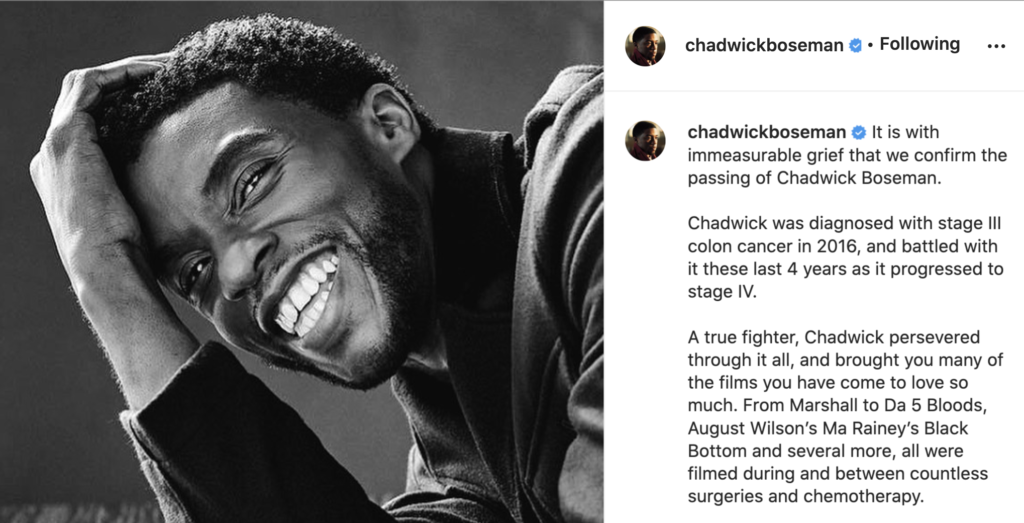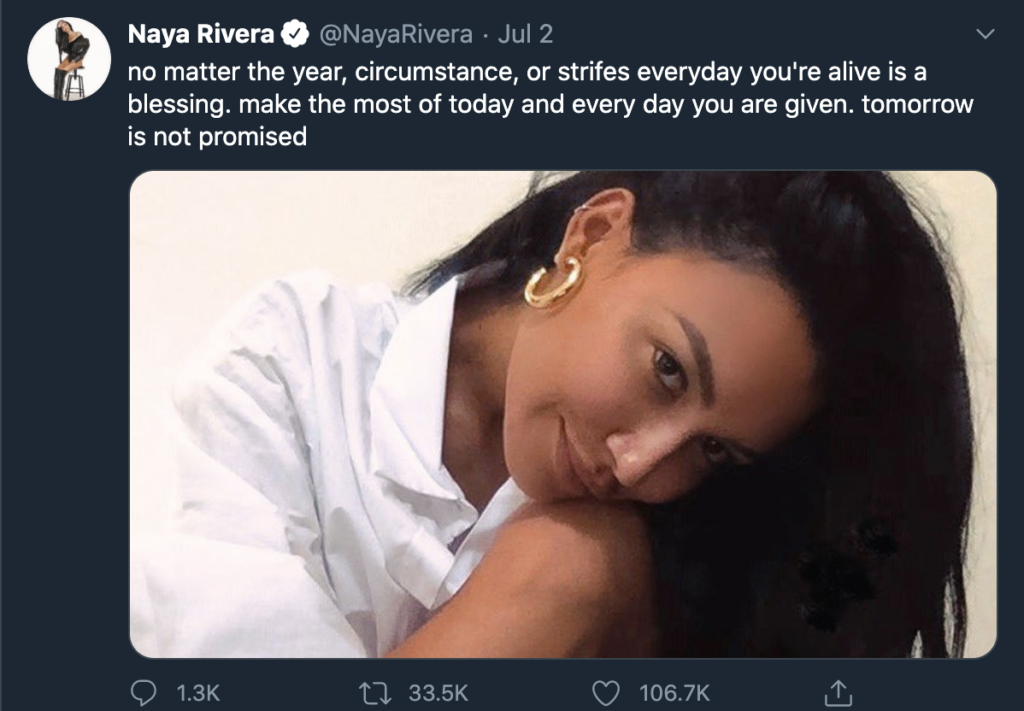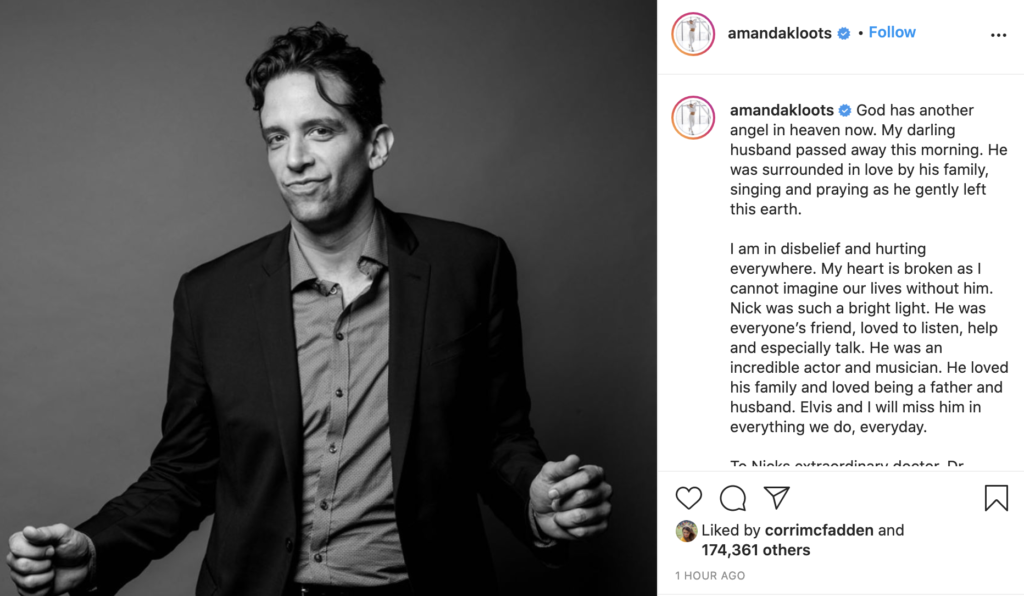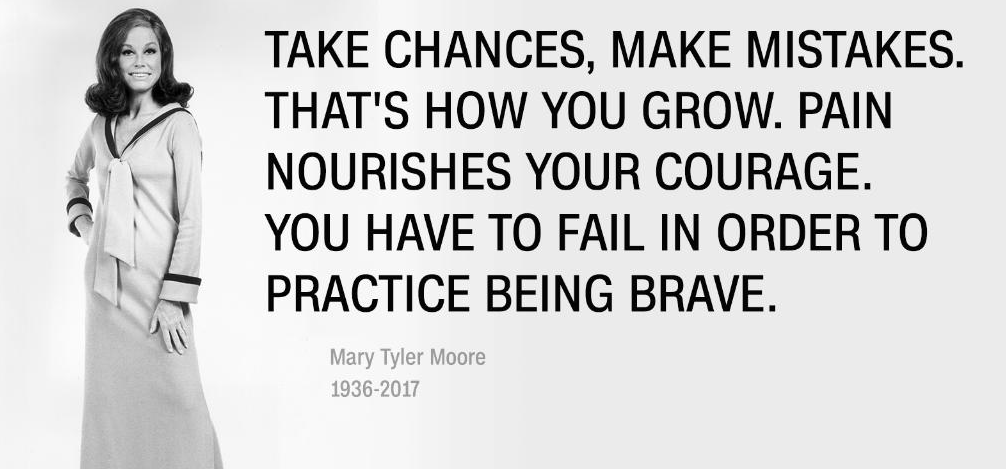A Hollywood TV Icon Has Died
26 Jan, 2017
Emmy-winning actress Mary Tyler Moore, who brightened American television screens as the perky suburban housewife on “The Dick Van Dyke Show,” and then as a fledgling feminist on “The Mary Tyler Moore Show,” died on Wednesday at the age of 80, a representative said.
Moore, who won seven Emmy Awards for her television work, died in the company of friends and her husband, Dr. S. Robert Levine, representative Mara Buxbaum said in a statement.
She had been seriously ill over the past two years, when she was in and out of hospitals and suffered from heart and kidney problems, close friends said. She was a diabetic, and in 2011 she had a benign brain tumor removed.
Moore also was nominated in 1981 for an Academy Award for the film “Ordinary People,” playing a character very different from her TV roles – an icy woman coping with a suicide attempt by her 18-year-old son.
Robert Redford, who directed the movie, said in a statement that her “energy, spirit and talent created a new bright spot in the television landscape and she will be very much missed. The courage she displayed in taking on a role darker than anything she had ever done was brave and enormously powerful.”
Moore’s eponymous show and “The Dick Van Dyke Show” were both among the most popular sitcoms of their time, with the former ranking seventh and the latter No. 20 on TV Guide’s 2013 list of best television shows.
“There are no words. She was THE BEST!,” actor Dick Van Dyke said on Twitter. “We always said that we changed each other’s lives for the better.”
Moore, asked by Reuters in 2012 when she was given the SAG lifetime achievement award how she wanted to be remembered, said: “As a good chum. As somebody who was happy most of the time and took great pride in making people laugh when I was able to pull that off.”
Ed Asner, who acted alongside Moore in “The Mary Tyler Moore Show,” mourned her death on Twitter, writing: “#marytylermoore my heart goes out to you and your family. Know that I love you and believe in your strength.”
Moore’s eponymous show and “The Dick Van Dyke Show” were both among the most popular sitcoms of their time, with the former ranking seventh and the latter No. 20 on TV Guide’s 2013 list of best television shows.
“There are no words. She was THE BEST!,” actor Dick Van Dyke said on Twitter. “We always said that we changed each other’s lives for the better.”
Moore, asked by Reuters in 2012 when she was given the SAG lifetime achievement award how she wanted to be remembered, said: “As a good chum. As somebody who was happy most of the time and took great pride in making people laugh when I was able to pull that off.”
Ed Asner, who acted alongside Moore in “The Mary Tyler Moore Show,” mourned her death on Twitter, writing: “#marytylermoore my heart goes out to you and your family. Know that I love you and believe in your strength.”
Moore’s Mary Richards character on “The Mary Tyler Moore Show” went even farther. Mary Richards focused on her career as an assistant producer for the news show at television station WJM in Minneapolis and was determined to fulfill the lyrics of the show’s theme song – “You’re going to make it after all” – as she joyously flung her beret into the air in the show’s opening credits.
The Mary Tyler Moore Show,” whose seven-year run ended in 1977, had a solid cast and great writers and won the Emmy for best comedy in each of its final three seasons. It was the cornerstone of MTM Enterprises, the company Moore and then-husband Grant Tinker used to launch three spin-offs – “Lou Grant,” “Rhoda” and “Phyllis” – as well as other hit shows such as “The Bob Newhart Show,” “WKRP in Cincinnati,” “Hill Street Blues” and “St. Elsewhere.”
Moore won an Emmy in 1993 for the TV movie “Stolen Babies,” giving her a total of seven for her career, including one special Emmy in 1974 as actress of the year. She was nominated nine other times.
She was given a special Tony Award for her work in “Whose Life Is It Anyway” on Broadway.
Moore’s 19-year marriage to Tinker ended in divorce in 1981 amid what she said was a lot of drinking and too little talking. She eventually went into rehab at the Betty Ford Center.
During her time on “The Mary Tyler Moore” show, Moore was diagnosed with diabetes, which affected her vision in later years.
After the end of “The Mary Tyler Moore Show,” Moore tried two variety shows but neither caught on. Two other shows set in newsrooms – “Mary,” in which she played a newspaper columnist, and “New York News,” starring Moore as a newspaper publisher – also were short-lived.
Moore still appeared frequently in one-off television roles and in plays. In 2003 she quit the Broadway play “Rose’s Dilemma,” however, after playwright Neil Simon sent her a letter shortly before curtain time saying, “Learn your lines or get out of my play.”
In 2013, she appeared on the TV show “Hot in Cleveland” for two episodes.
Moore, who became an activist for diabetes research and animal rights, wed for a third time in 1983, marrying Levine, a cardiologist who had treated her mother.
Tinker, who Moore described as her mentor, died in November.
Reuters
Image CNN Twitter
Mentioned In This Post:


















